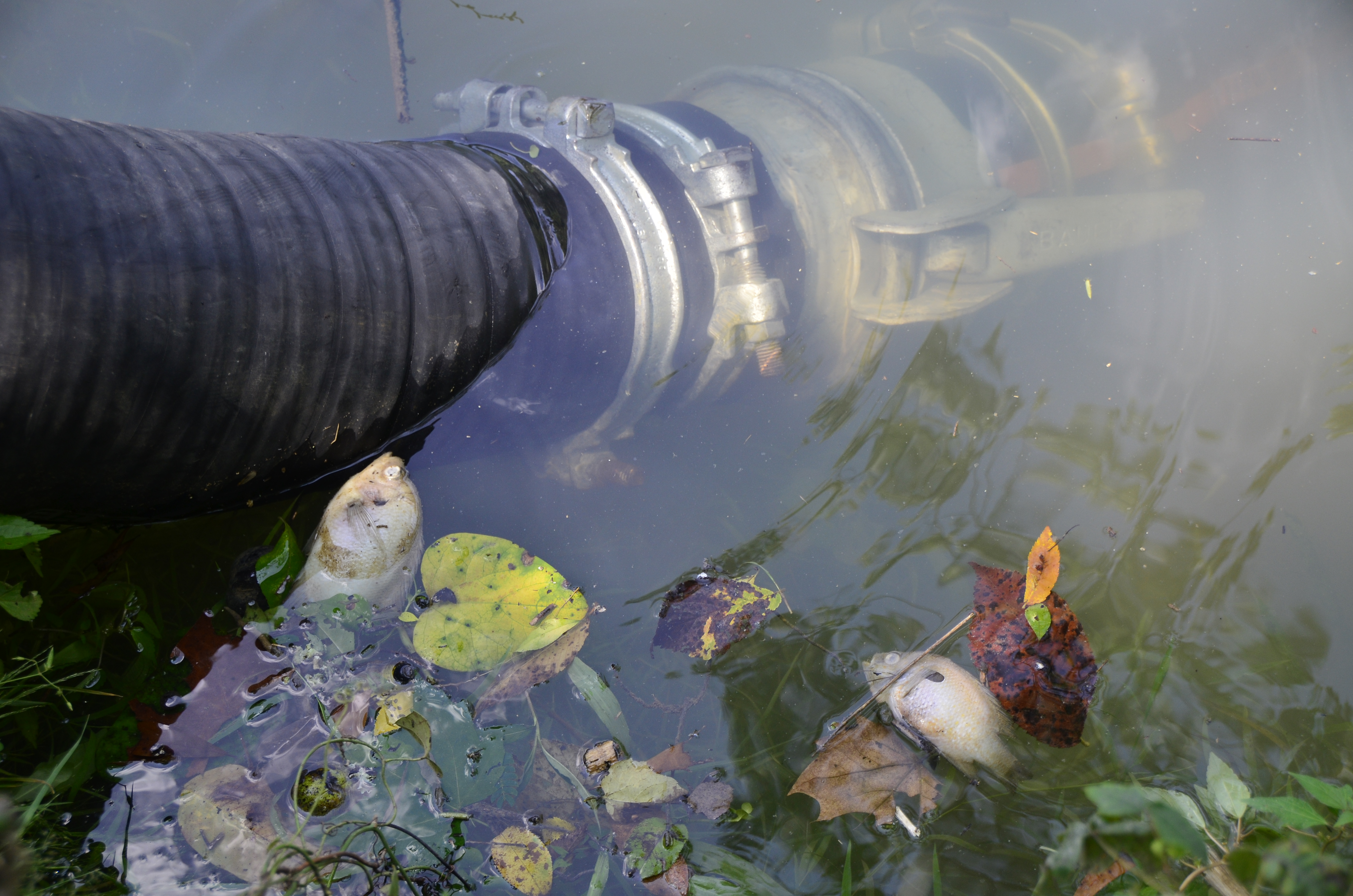The Chattanooga Stormwater Regulations Board that voted 5-3 Wednesday to flush away two years' work and Chattanooga's future proactive plan to keep our streets and drinking water clean after storms needs to look again at what they and we will lose if the city adopts a permit plan that only uses state minimum requirements.
Plenty of folks will blame the developers on the board for the ditched opportunities. In fact, that's already started.
But realities are never quite that simple. The culprits more likely are lack of debate and unintended consequences.
For instance, the local recommendation included incentives for developers who met some of the tougher regulations, and those incentives cost the city nothing. These "coupon" incentives work a bit like wetlands mitigation rules that allow a wetlands fill-in at some crucial building spots if -- big if -- you create or restore a wetlands in other spots. Even developers who can't use the incentive coupon on their site could sell or trade it to someone who can use it on another site. It's a free-market approach to a better environmental solution.
However, the state's minimum standard includes no incentives for developers who do more than the minimum. By voting Wednesday to follow just the state permit regulations, the board dug a new hole for developers.
Incentives went away without a word, prompting board chairman Doug Stein (who didn't vote because there wasn't a tie) to tell Times Free Press Reporter Joy Lukachick, "I think [developers] gave up more than they gained."
The rush to embrace state minimums also seems to ignore two important portions of a recent Chattanooga consent degree and order from the state: Our permits must be protective of endangered wildlife and our permits must consider impaired streams and something environmental engineers call TMDL -- "total maximum daily load" of pollutants that waters in a watershed can handle and still be used for drinking, fishing, swimming or other activities.
That was the reason that the city engineer's permits recommendation in some areas -- like perhaps the South Chickamauga Creek -- included provisions for exceeding a state minimum to hold one inch of stormwater onsite. Instead, in priority areas, the local rule could call for new development permits to require collection of 1.6 inches of storm runoff in every 2-inch rainfall.
How relevant is this? Well, last week, the paper on this page reported a huge sewage spill into South Chickamauga Creek. Fish died, an environmental cleanup company had to be called in, canoers and kayakers took one look and backed away from boat ramps at the South Chickamauga Creek greenway, residents reported horrible smells.
This weekend in watersport central, otherwise known as Chattanooga, we have stand-up paddle races. In a few weeks we have Swim the Suck, Iron Man and two rowing regattas, Chattanooga Head Race and Head of the Hooch.
As a friend said to us this morning, "Last year at the Head Race, it smelled like sewage on the riverfront. It's time to clean up our river, not make it worse."
Yes, it is time.
But on Wednesday our nine-member stormwater board voted against improving stormwater and combined sewer overflows.
Thank goodness, we have several weeks still for them to rethink Wednesday's vote before a December deadline.
And there also is time for Chattanoogans to talk to their City Council members, who will have the final say.

